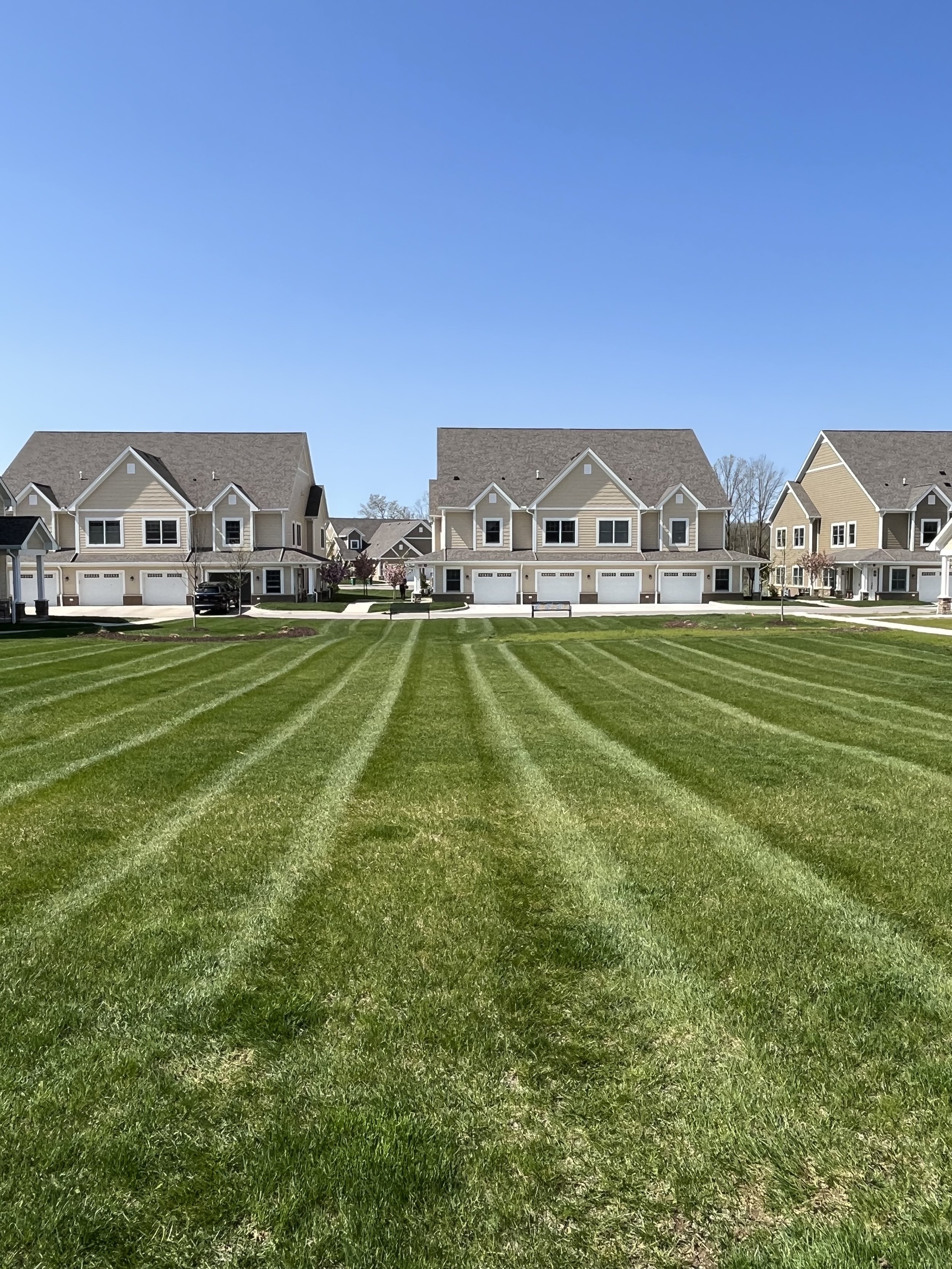Top Lawn Care Strategies for Homeowners in Ann Arbor and Northville, MI
Caring for your lawn in Ann Arbor and Northville, MI, involves more than just regular watering and mowing. Given the unique climate and soil conditions in these areas, your approach to lawn care needs to be both strategic and mindful of the environment. Here are some top lawn care strategies tailored specifically for homeowners like you in these regions, ensuring your lawn remains lush, healthy, and vibrant throughout the seasons.
Related: Common Lawn Care Needs in the Ann Arbor and Canton, MI Areas
Understand Your Soil
The foundation of any great lawn is its soil. In Michigan, soil types can vary significantly, affecting nutrient availability, water retention, and overall lawn health. It’s important to start with a soil test to understand the specific needs of your lawn. This test will reveal pH levels, nutrient deficiencies, and recommendations for amendments. Balancing your soil's pH and ensuring it has the right mix of nutrients are critical first steps.
Choose the Right Grass Type
Selecting the appropriate grass type for your area is crucial. Cool-season grasses, such as Kentucky bluegrass, perennial ryegrass, and fine fescue, thrive in our area due to their ability to withstand cold winters and moderate summers. These grass types not only adapt well to the local climate but also contribute to a dense, durable lawn that can resist pests and diseases.
Related: Expert Lawn Care Tips and Tricks for Plymouth, MI Residents
Watering Wisely
Watering your lawn correctly is pivotal. Over-watering can lead to shallow root systems and increase the likelihood of diseases, while under-watering can stress the grass. In our area, it's best to water deeply and infrequently, encouraging roots to grow deeper into the soil. Early morning watering is ideal as it reduces evaporation and helps prevent the growth of fungus.
Fertilization Schedule
Fertilizing your lawn provides essential nutrients that might not be naturally abundant in your soil. The key is to apply the right type of fertilizer at the right times. In Michigan, early spring and fall applications align with the natural growth cycles of cool-season grasses. Opt for a slow-release fertilizer that feeds your lawn gradually, and always follow local guidelines to prevent runoff into waterways.
Weed and Pest Management
Effective weed and pest management starts with maintaining a healthy lawn, as vigorous grass can outcompete most weeds and resist pest invasions. However, when intervention is necessary, opt for environmentally friendly options. Spot treatment with selective herbicides for weeds and natural or organic products for pests can reduce the impact on the environment and your lawn's ecosystem.
Aeration and Overseeding
Aeration is a process that involves removing small cores of soil from your lawn to improve air, water, and nutrient penetration. In our area, aerating in the fall can relieve soil compaction and prepare your lawn for winter. Overseeding after aeration can fill in bare spots and increase the density of your lawn, enhancing its overall health and appearance.
Seasonal Cleanup
Keeping your lawn free of debris, such as leaves and twigs, is essential for preventing disease and ensuring sunlight and air reach the grass. A fall cleanup, in particular, is important in our area to prepare your lawn for winter. Removing leaves and aerating before the first snowfall can make a significant difference in your lawn’s health come spring.
Related: 7 Lawn Care Tips From the Experts in the Northville and Saline, MI Areas

